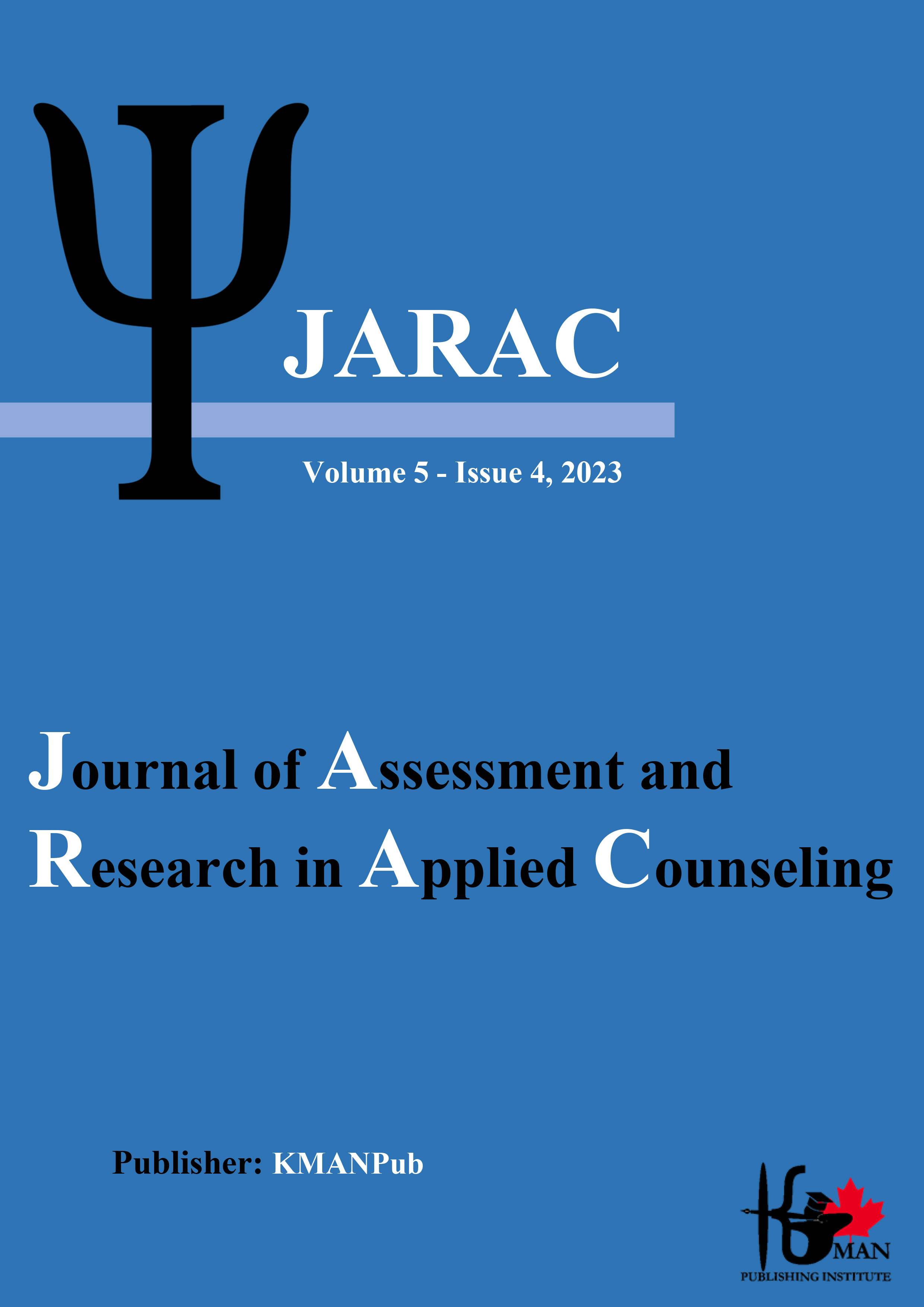Comparison of the Effectiveness of Virtual Reality Exposure Therapy with Cognitive-Behavioral Therapy on Obsessive-Compulsive Disorder Symptoms in People with Obsessive-Compulsive Disorder
Abstract
Objective: Obsessive-compulsive disorder affects the cognitive, mental and emotional order of sufferers and leads to a decrease in their performance. According to this this study was aimed at comparing the effectiveness of virtual reality exposure therapy with cognitive-behavioral therapy on obsessive- compulsive disorder symptoms amongst people with the disorder.
Materials and Methods: A quasi-experimental method was employed followed by a pretest-posttest and a two-month follow-up. The population consisted of all people referred to Nik Mehr Counseling and Psychological Services in Tehran in 2020 and 2021. From among them, 45 were selected through convenience sampling method, randomly put in experimental and control groups and received Maudsley's Obsessive-Compulsive Questionnaire. The follow-up was then implemented on subjects by receiving virtual reality exposure for 12 sessions (2 eight-minute sessions per week for 6 weeks) and cognitive-behavioral therapy for 12 sessions (2 forty-five-minute sessions per week for 6 weeks. The control group did not receive any intervention. Results were analyzed through ANOVA and Bonferroni Post-hoc Test with SPSS-23.
Findings: The results showed that both therapies appeared effective (F=192; Eta=0.67; P<0001) on people with the disorder as they reduced obsession syndromes. Also, the follow-up test indicated that there is no significant difference between the effectiveness of these two therapies on subjects with obsessive-compulsive disorder (P<0.05).
Conclusion: According to the results, since there is no difference in the effectiveness of virtual reality exposure therapy and cognitive-behavioral therapy, both can be applied to reduce obsession syndromes amongst people with the disorder.
Downloads
Downloads
Additional Files
Published
Issue
Section
License
Copyright (c) 2023 Maryam Zadbar, gholamreza manshaee, Asghar Aghaei Jeshvaghani (Author)

This work is licensed under a Creative Commons Attribution-NonCommercial 4.0 International License.















